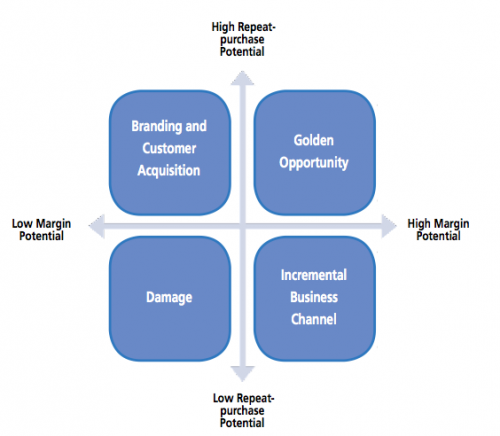Do you have a clear strategy ?
I have lost count of how many hotels and conference centers I’ve encountered over the years who define their strategy as ”delivering great customer experiences” or being ”among the top 5 in their category or region”.
But that’s not a strategy. At best it’s a vision and and worst-case it’s just wishful thinking
Strategy is distinctly different from visions missions and goals. Strategy crystallizes the very hard choices that we all need to make. Strategy defines how we create value. Value emerges when we have the skills to produce something that costs us less to produce than somebody else is willing to pay for it. Period.
Value = ( Sales Price – Cots to produce/deliver)
At first, that sounds simple – but it quickly gets trickier, what I may be happy to pay € 100 for is probably quite different from what you are happy to pay €100 for. Value is deeply subjective, each of us computes it in our own way depending on the circumstances and the situation.
It therefore makes no sense to talk about creating value without at the same time answering the question value for whom?
Because if I try to be everything to everybody I risk ending up being nothing to anybody and there’s not much value in that.
Where to Play
Developing an effective strategy therefore boils down to defining target market segments and clearly understanding what it is they need. (But but when targeting certain segments we also need to understand that that means there are other segments that we are willing to forgo)
How to Win
The better we understand the specifics of a segment the better we can tailor our service delivery in such a way that we produce value for exactly that segment.
So the 3 hard questions we need to ask our selves are:
1. Who is the target customer?
2. What is the value proposition to that customer?
3. What are the essential capabilities needed to deliver that value proposition?
Obviously, if we are running a hospitality business that is open 365 days a year we will need to identify several target segments ( time of year, day of the week – day part etc). Remembering, that what differentiates segments is not the demographics but the situation.
I have very different needs when I’m traveling in connection with a weekend break, compared to when I am traveling to conduct a workshop – same fellow very different needs ( and price points).
So we need to break down our value propositions into situations.
In my book Best! . No need to be cheap if you are … I have a chapter on how to work on you value proposition using the value equation.
Also here is a great article from S+B on the same subject – and finally the best tool to visualize and brainstorm some more on this is the Business Model Canvas as explained in the video here.
